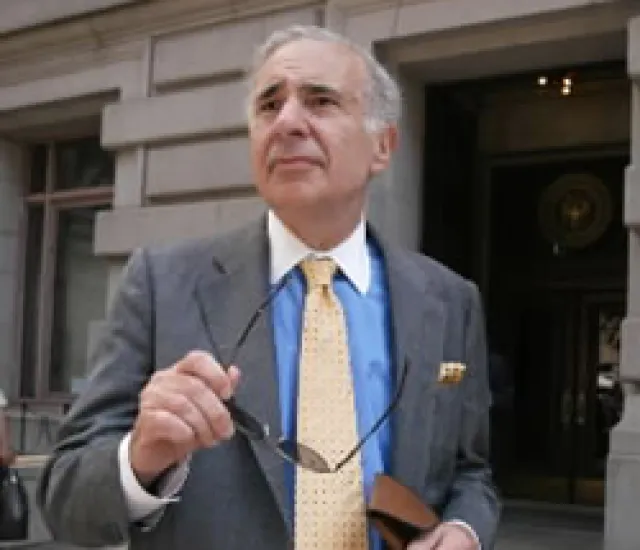
Carl Icahn Is Eyeing Motorola Solutions
Carl Icahn is still battling over chemicals company Clorox, as well as a variety of other activist positions, but Motorola Solutions is a much more likely target for him.
Stephen Taub
August 19, 2011



